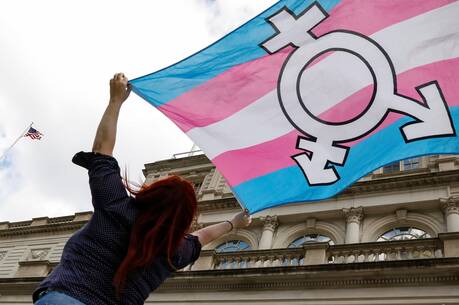Messy but Responsible
Gerald F. Powers makes a strong argument in Our Moral Duty in Iraq (2/18) in defense of the responsible transition position of the U.S. bishops toward withdrawal from Iraq, though the exit end of the transition process gets lost along the way. His article argues that in the absence of a legitimate and effective government in Iraq the United States can and should assume responsibility for the interests of the people of Iraq. As an occupying power unable to facilitate legitimate and effective self-government in Iraq, the United States cannot exercise its continuing responsibilities unilaterally but only by turning responsibility over to others who might have a better claim on the trust of the people of Iraq.
Powers is correct to place the withdrawal question in the context of broader national and global policy objectives. Stability and security in the region and collaborative actions to stem terrorism require multinational cooperation, which is regularly set back by our chronic unilateralism and militarism. And the exit now position is not so easily dismissed. It is morally wrong to send our people to kill and die for political objectives that have no reasonable prospect of success, and our moral responsibility for the well-being of the people of Iraq includes not killing them, not facilitating segregation and civil violence and not making them vulnerable to armed thugs. If we cannot carry out our most basic responsibility to protect life, we need to withdraw and ask others to come to the assistance of the people of Iraq. Why did our bishops not say that, when a messy but responsible transition was recommended by the bipartisan Iraq Study Group?
David OBrien
Worcester, Mass.
Exit Strategies
In Our Moral Duty in Iraq (2/18), Gerald F. Powers correctly invokes the jus post bellum principle that a nation that attacks another unjustly has a duty of restitution to the nation that had been wronged. Hence, the United States has a duty to the Iraqi people and to the nations infrastructure to repair the damage that was done in this manifestly unjust war. I wish he specified who in the antiwar movement disagrees with this position, since I dont know of any peace group that wants to withdraw but not repair. He seems to think that those who want the United States to withdraw as soon as possible do not care what happens to the Iraqi people. Clearly, Mr. Powers does not want the United States to withdraw from Iraq until it has fulfilled its nation-building mission or some variation thereof.
Only the Iraqi people, however, can fix what we have broken. We can and should assist them through war reparations, but they should do the fixing. It is morally responsible, therefore, to hold that the United States should withdraw immediately and at the same time contribute to a U.N.-sponsored multinational relief effort that will enable the Iraqisfree of U.S. troopsto pursue their own destiny. Mr. Powers is correct to assert that the key moral question now is what policies and strategies best serve the interests of the Iraqi people? The best thing the United States can do for Iraq is to withdraw its troops and then work with international agencies to restore justice to the Iraqis. And we can beg the forgiveness of the Iraqi people as well; repentance should accompany restitution.
Joseph J. Fahey
White Plains, N.Y.
Historical Precedents
As a member of the medical ethics committee at a local community hospital for over 10 years, I read with interest the articles At the End of Life, by Thomas A. Shannon (2/18), and Church Teaching and My Fathers Choice, by John J. Hardt (1/21). I would concur with the overall tone and conclusions or implications of both articles. I suspect that the average Catholic in the pew will respond to the churchs new opinion on this topic relating to artificial nutrition and hydration much as he or she has responded to the church concerning artificial birth control. By and large, both opinions will continue to be mostly ignored.
Michael J. Weaver, M.D.
Elkhorn, Neb.







